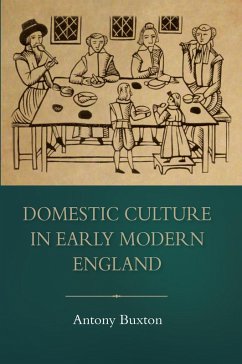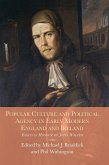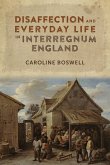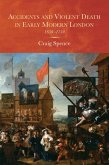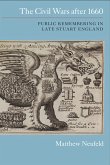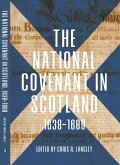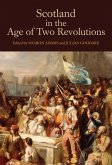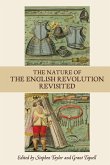A detailed study of the domestic life of the early modern, non-elite household
This book is a detailed study of the domestic life of the early modern, non-elite household, focussing on the Oxfordshire market town of Thame. Going beyond the exploration of the domestic economy and trends in living standards and consumption, it shows how close examination of the material context within which the household operated can provide evidence of its habitual activities, the relationships between its members, and the values that informed both. The book uses a familiar source, the probate inventory, supplemented by other contemporary written and pictorial evidence, to reveal how activities in the household were directly related to the agricultural, mercantile, and socialenvironment. It illustrates the variable and shifting nature of social relationships and shows how the early modern household was part of the wider economic and social narrative of modernism and how it responded to altered modes of production and consumption, social allegiances, and ideologies. Offering new perspectives to reinvigorate the discussion of domestic relationships and rigorously examine the vexed question of change, Domestic Culture in EarlyModern England will be of interest to scholars and postgraduate students of material culture as well as historians of the household and family more generally.
ANTONY BUXTON lectures on design history, material anddomestic culture for the Department for Continuing Education, University of Oxford and other institutions. He has published articles in various scholarly journals and holds a PhD from the University of Oxford.
This book is a detailed study of the domestic life of the early modern, non-elite household, focussing on the Oxfordshire market town of Thame. Going beyond the exploration of the domestic economy and trends in living standards and consumption, it shows how close examination of the material context within which the household operated can provide evidence of its habitual activities, the relationships between its members, and the values that informed both. The book uses a familiar source, the probate inventory, supplemented by other contemporary written and pictorial evidence, to reveal how activities in the household were directly related to the agricultural, mercantile, and socialenvironment. It illustrates the variable and shifting nature of social relationships and shows how the early modern household was part of the wider economic and social narrative of modernism and how it responded to altered modes of production and consumption, social allegiances, and ideologies. Offering new perspectives to reinvigorate the discussion of domestic relationships and rigorously examine the vexed question of change, Domestic Culture in EarlyModern England will be of interest to scholars and postgraduate students of material culture as well as historians of the household and family more generally.
ANTONY BUXTON lectures on design history, material anddomestic culture for the Department for Continuing Education, University of Oxford and other institutions. He has published articles in various scholarly journals and holds a PhD from the University of Oxford.
Dieser Download kann aus rechtlichen Gründen nur mit Rechnungsadresse in A, D ausgeliefert werden.

